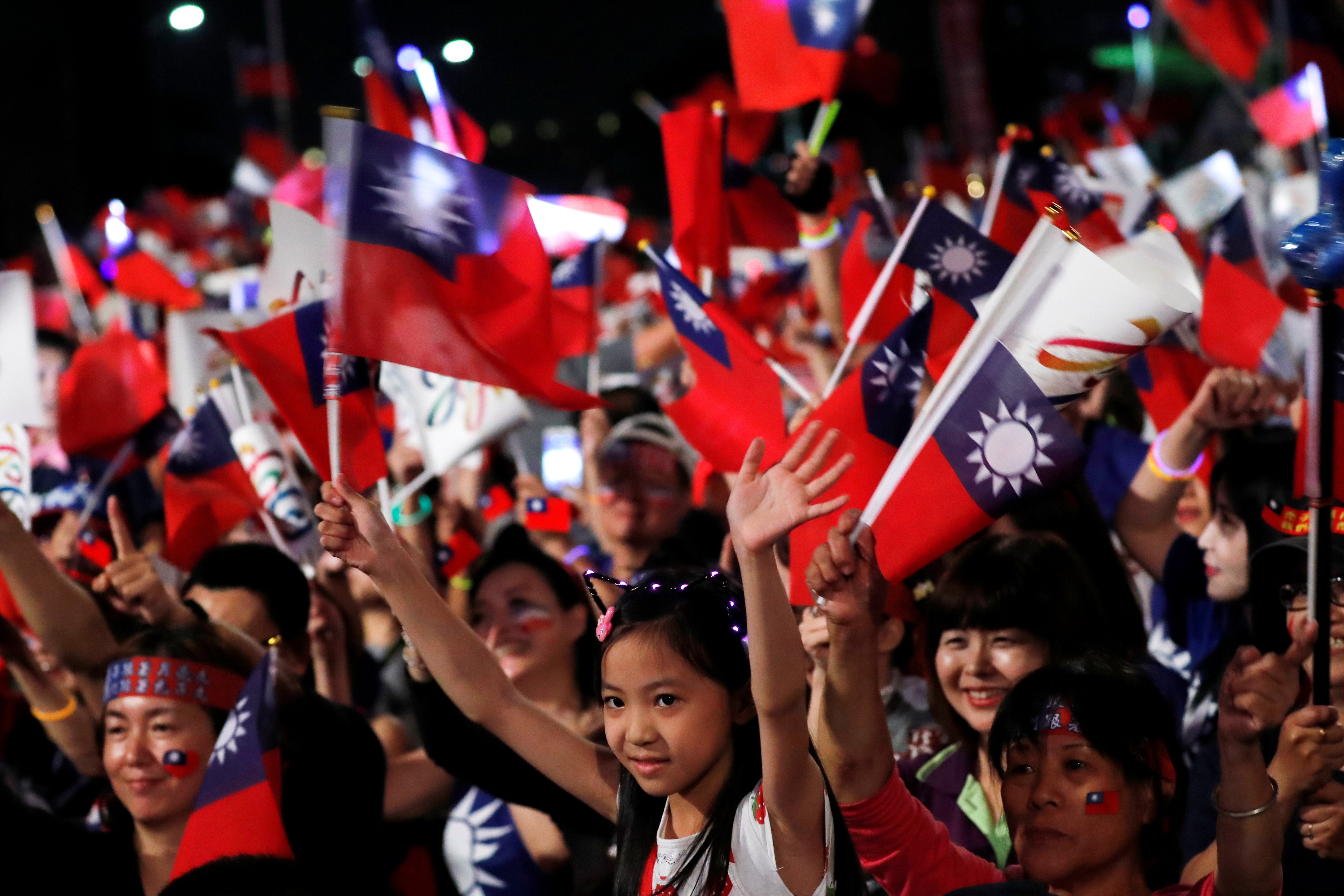
The results of Taiwan’s 2020 presidential election mostly reflected the trends observed in numerous public opinion polls, the green Democratic Progressive Party soundly beating the blue Kuomintang Party. President Tsai Ing-wen surprisingly received a record-breaking number of votes — more than 8.7 million — in an election that has arguably received the most attention ever from the international community. Against the backdrop of the treacherous U.S.-China trade war, the situation overcame the struggle between green and blue parties to become what many commentators bluntly call a struggle between pro-China and pro-America ideologies. If this was the case, I’m afraid the outcome was decided long ago.
Taiwan is experiencing an ideological conflict between unification with and independence from China. While politicians may claim this is untrue, the elections results reflect the truth of this reality. Parents who are jostling to obtain green cards eager to become U.S. citizens, or who are trying to obtain permanent residency in Europe or the U.S. are not split by unification or independence, blue or green. Even many wealthy families in China and their children have green cards.
Taiwan and the U.S. are partners. Those in both countries favoring Taiwan’s independence have helped maintain Taiwan’s status quo. However, so-called cross-strait Chinese who pledge loyalty to the U.S. while going all out to serve motherland China, are determined to unite Taiwan and China. In the past, when the U.S. still had illusions about China, this might have worked. Now that the trade war has started and both countries have conflicting interests, these cross-strait Chinese still want to have green cards and fight for China — what kind of plan is that?
China has long repressed Taiwan and interfered with our elections through various mechanisms. In the past, the U.S. had no opinion on this, because Taiwan’s green and blue parties were both pro-American, the blue party only leaning toward China a bit more. In 2018, however, after regional elections, the blue party became more pro-China, giving the U.S. cause to pay attention. Throughout the presidential election campaign, the U.S. tested the blue party several times, but the KMT made it clear that it would cast off the U.S. and rely on China. So of course the U.S. worked to counter election interference by Chinese forces more comprehensively.
The U.S. has paid an unprecedented amount of attention to this election in Taiwan. Not only was the American government supported by a popular force, but through this election, Taiwan has actually joined the democratic alliance among the U.S., Japan, the EU and Australia. This was not a choice, but rather a natural development among democratic nations. Most importantly, the U.S. will not annex Taiwan. Understand, China?

Leave a Reply
You must be logged in to post a comment.